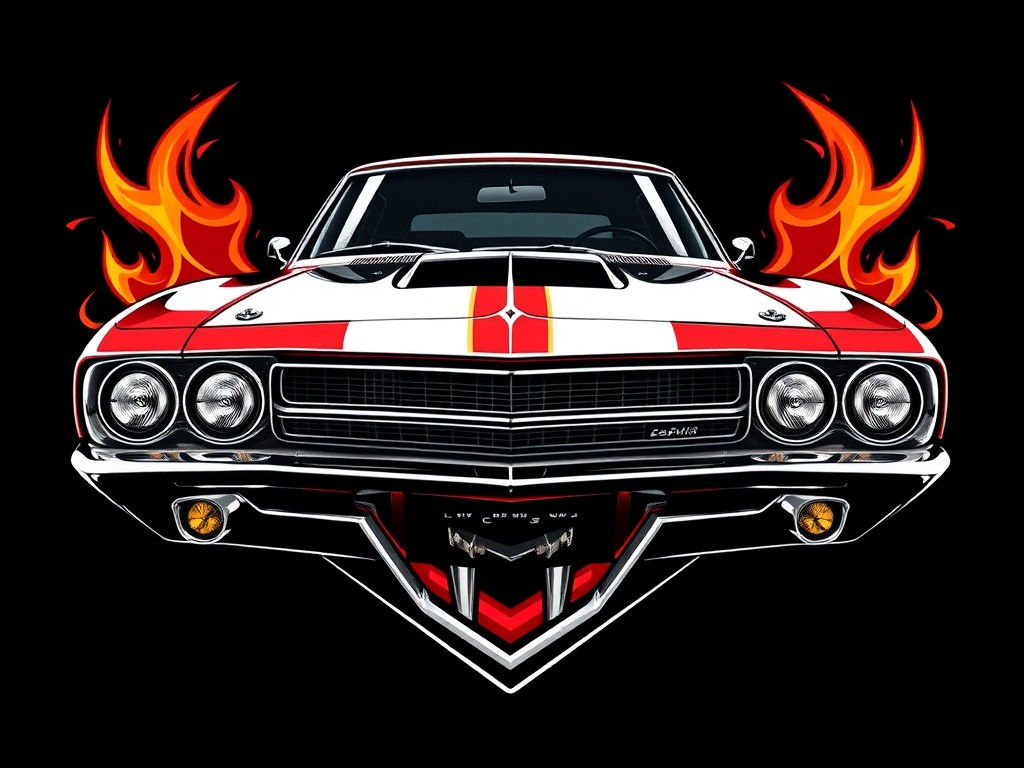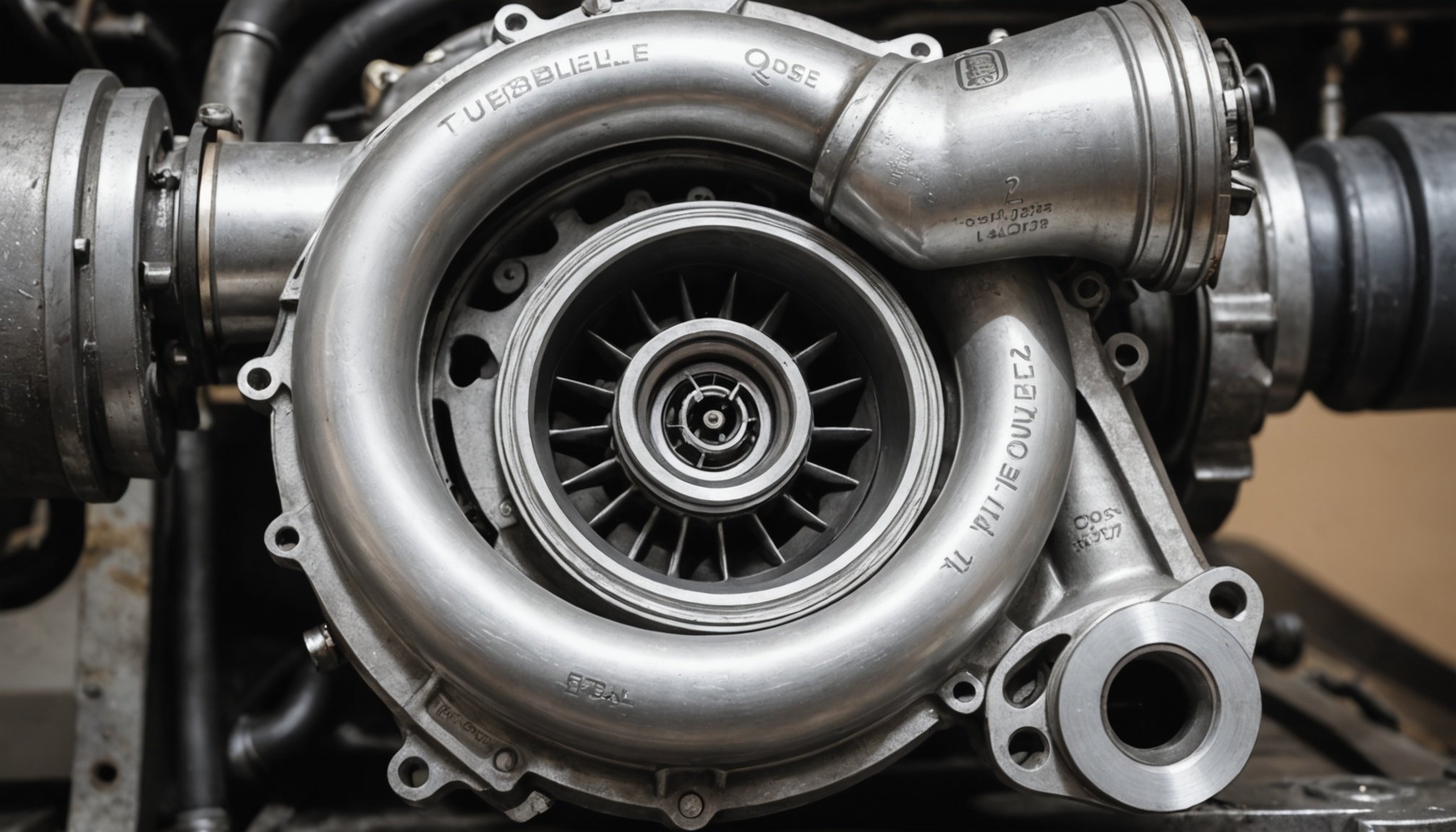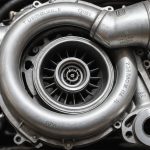When it comes to enhancing the performance of your diesel engine, choosing the right aftermarket turbocharger can be a game-changer. But, with the plethora of options and technical jargon, how can you ensure you’re making the right choice? In this article, we will demystify the process and walk you through the key considerations when selecting an aftermarket turbocharger for a UK diesel engine.
Understanding the Basics of Turbochargers
Before we delve deeper into the selection process, it’s crucial to understand what a turbocharger is and how it works. A turbocharger is a forced induction system that increases an engine’s efficiency and power output by forcing extra air into the combustion chamber. In plain English, it uses the exhaust gases to spin a turbine that compresses more air back into the engine, resulting in a significant power boost.
Also to read : What are the benefits of retrofitting LED headlights in a British vintage car?
There are a few basic factors to consider when looking into turbochargers, including engine size, usage, the matching of other parts, and of course, budget.
Matching the Engine Size and Turbocharger
When selecting a turbocharger, the engine size plays a significant role in your decision. The performance of a turbocharger is largely determined by its size – too small, and it won’t provide the power increase you’re seeking; too large, and it might lead to turbo lag or even engine damage.
Also to discover : How to accurately measure and adjust the camber and toe settings in a British racing car?
Size doesn’t refer to the physical dimensions of the turbocharger, but to the size of its internal components. For instance, a large turbocharger will have a larger turbine and compressor wheel, which allows it to handle more exhaust gases and compress more air. However, a bigger turbocharger also requires more exhaust gases to spool up, which can lead to turbo lag – a delay in the power delivery.
It’s also important to consider the size of your engine. Larger engines typically require larger turbochargers to achieve optimal performance, while smaller engines will likely perform better with smaller turbochargers. Always consider the compatibility between your engine and the turbocharger to ensure the best performance.
Assessing the Needs of Your Engine Usage
Another key consideration in choosing an aftermarket turbocharger is how you intend to use your engine. Different types of usage will demand different performance characteristics from a turbocharger, making this an important factor when making your choice.
If you use your vehicle for regular commuting or city driving, you’ll want a turbocharger that provides good low-end torque and quick response times, which can help with acceleration in stop-start traffic. On the other hand, if you often drive at high speeds on motorways or use your vehicle for towing, you might prefer a turbocharger that provides more top-end power.
Moreover, if your vehicle is used for competitive racing, your turbocharger requirements will be entirely different. You may want a turbocharger that can handle high boost levels and offer maximum power output. Understanding your engine usage needs will help you find a turbocharger that suits your driving style and performance requirements.
Compatibility with Other Engine Components
When choosing an aftermarket turbocharger, it’s crucial to consider its compatibility with the rest of your engine components. This includes the exhaust system, the cooling system, the fuel system, and the engine control unit (ECU).
An upgraded turbocharger will often require more air and fuel to operate efficiently, which can put additional stress on other parts of the engine. For instance, an upgraded exhaust system may be needed to handle the increased exhaust gases from a larger turbocharger. Similarly, a more robust cooling system might be required to prevent overheating, and fuel system upgrades may be needed to provide the additional fuel.
Moreover, you may need to recalibrate your ECU to accommodate the new turbocharger. The ECU controls fuel injection, ignition timing, and other engine functions, and if it’s not adjusted properly, it could lead to poor performance or even engine damage.
Budget Considerations
Lastly, but certainly not least, your budget will play a significant role in your choice of an aftermarket turbocharger. The cost of a turbocharger can vary greatly, depending on its size, brand, and additional features. But remember, the price of the turbocharger itself is only part of the total cost.
Installation can also be expensive, especially if it requires modifications to other parts of the engine. Plus, there’s the cost of maintaining and potentially repairing the turbocharger down the line. It’s important to factor in all these costs when setting your budget.
In conclusion, choosing the right aftermarket turbocharger involves a careful consideration of many factors, including engine size, usage, compatibility with other components, and budget. By keeping these points in mind, you can make a well-informed decision that will enhance your engine’s performance and extend its lifespan.
Considering Turbocharger Brands and Quality
As you continue your journey in selecting the ideal aftermarket turbocharger, the quality and brand of the turbocharger should be given serious thought. The market is saturated with various brands, all promising superior performance. Nevertheless, not all brands meet the required standards for quality and durability.
The longevity of the turbocharger is primarily determined by the quality of its make. High-quality turbochargers are usually made from durable materials that can withstand the intense heat and pressure generated during operation. Poor quality turbochargers, on the other hand, may not last and could potentially cause damage to your engine.
Leading brands have a reputation for producing reliable and efficient turbochargers. They often use advanced manufacturing techniques and perform rigorous testing to ensure their products meet or exceed industry standards. Brands like Garrett, BorgWarner, and Holset are renowned for their consistent delivery of high-quality turbochargers.
Another aspect to consider is the warranty offered by the manufacturer. A good warranty may be an indication of the manufacturer’s confidence in their product. However, make sure to read the terms and conditions of the warranty to understand what it covers.
Remember to check online reviews and forums to get insights about particular brands and their products. Other users’ experiences can provide valuable information about the turbocharger’s performance and reliability.
Making the Final Decision
In conclusion, selecting the right aftermarket turbocharger for your UK diesel engine can seem like a daunting task, given the complex nature of turbochargers and the numerous options available in the market. However, by understanding the basics of how turbochargers work, considering your engine size, usage, compatibility with other engine components, the quality and brand of the turbocharger, and your budget, you can make a well-informed decision.
Upon weighing all these factors, you can narrow down your options to a few models that fit your particular needs. It would be a good idea to consult with a professional mechanic or an automotive engineer for their expert opinion before making the final decision. They can provide valuable advice based on their experience and expertise.
Remember, selecting the right turbocharger is not just about boosting your engine’s performance. It is also about ensuring the longevity of your engine. A well-chosen turbocharger can significantly enhance your driving experience and extend the lifespan of your engine.
So, take your time, do your research, and make a decision that is well-suited to your specific needs and preferences. With the right aftermarket turbocharger, your diesel engine will perform better, run more efficiently, and give you a more satisfying driving experience.











